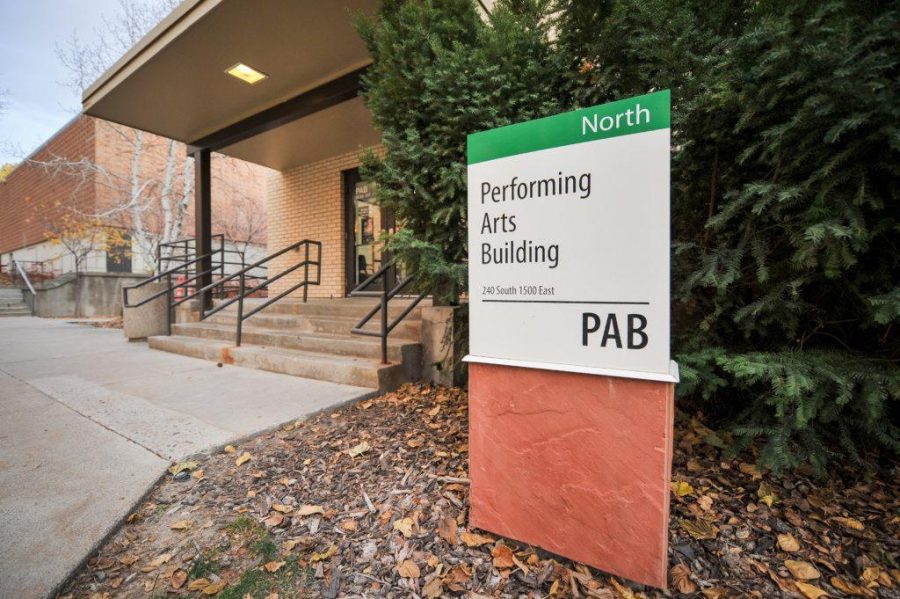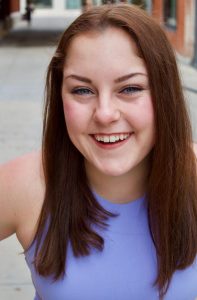Being a freshman is terrifying, to say the least. As you embark on your college journey, the writers of the Arts Desk want to pass along some words of wisdom — from reflections on our personal degrees to general advice, we wish you the best of luck.
Palak Jayswal – Communication (B.A.) w/ Minor in Creative Writing
Here’s the thing about college: It provides an infinite number of opportunities, and because of that, it’s really easy to feel overwhelmed. I remember coming in as a freshman determined to be a double major, and I quickly found out that wasn’t going to happen. It’s hard to know what you want to do with the rest of your life when you’ve just left high school. My advice for you: Go with the flow and sample as many classes as you can in this first year. The beauty of gen eds is variety. If you have an idea of what you’d like to major in, focus on classes related to that field. If not, try a class in fields that may interest you. It took me two years to figure out English wasn’t for me, despite loving to read and write. An Intro to Journalism class combined with my work here at The Daily Utah Chronicle helped me figure out where my true interests lie. After taking an Intro to Creative Writing class last year, I began figuring out where English fit into my interests, so I added a creative writing minor to my degree. College is about a lot of things, but most important of all, it’s about figuring out who you are and how you fit into this world — and you can’t do that without experience. Give your passions a chance to develop and don’t let anyone tell you humanities majors are insignificant. My writers are a perfect example of why that statement is false.
Christopher Payne – English (H.B.A.) & Film and Media Arts (B.A.) EAE Emphasis
So, you’re considering a Bachelor of Arts. Bold move. You’ve surely heard the horror stories: $30k – $100k+ for a degree that won’t necessarily land you that cushy career as a doctor or engineer, courses that prioritize creativity and communication over more “marketable” skills and, of course, there’s the notorious language requirement. My first words of advice: relax. Embrace the freedom that comes with college and learn to be flexible. The entire process of choosing a degree will certainly be overwhelming, but remember that walking away with any degree will open doors for your future. The most important part of these next few years will be learning what you care about and developing the skills and the portfolio to achieve your new goals. Spend your first semesters talking with advisors and researching the dozens of degrees available to you. Fulfill your gen eds with a variety of classes and try to get a feel for what subjects you might enjoy more than others. Knock out an HF requirement with Video Game Storytelling. Crush an IR with Global/Transnational Literature. Take care of an FF and learn a bit about cinema history with History of Film from 1952. If you’re feeling particularly adventurous, try a course in theater, dance, architecture, music or whatever strikes your fancy. Take the time to get an idea of what you’re looking for, and then go for it.
Hannah Keating – Musical Theater (B.F.A.)
The Musical Theatre Program in the theatre department’s BFA is really intensive. With dance every morning and multiple semesters of music theory and acting work, it can be really stressful. However, it is really rewarding to invest in my passions every day and watch my closely knit classmates shine as well. I love our weekly Dem Lab class, where the entire major gets together to showcase our work. I have loved my time at the University of Utah so far, being in the MTP and exploring SLC’s theatre opportunities.
It’s great to get the QA requirement out of the way your first semester by taking a class like Math 1010. There are also theater classes open to all majors, such as Acting for Non-Majors.
Rachael (Ray) Gill – Gaming (B.S.)
The U’s Entertainment Arts and Engineering program is the only one I have found (and others have agreed) which allows for a focus on game design alone. That is why I have chosen it as my degree, so far. The U is more expensive than some and the program is new, but it is worth the degree. It comes with the influence and knowledge from the instructors, a great learning environment and good people and connections. The program does require some programming skills, but this shouldn’t prevent you from trying some of the courses they offer.
Courses I highly recommend are Introduction to Game Design with Ashley Brown, Video Game Storytelling with Alf Seegert and any course from Corrinne Lewis. Before you take these, though, be sure to take core classes so you don’t clog up your schedule in the future. I would also recommend working part time while studying to help pay for bills and show employers that you’re well rounded.
Abigail Raasch – Modern Dance (B.A) w/ Minor in Arts Technology
As a modern dance major, my best suggestion is to make connections with everyone in your department. Not just regular connections, but positive friendships with as many people as you can. The people in your program are going to be the people you work with for the rest of your life. The arts world is a small world. Be kind, humble and ready to grow and learn. It’s worth being you and going into your program owning who you are while truly supporting all the others who have the same goals as dreams.
Yixin Song – Film and Media Arts (B.A.) EAE Emphasis
The U is a big school. By that, I mean it offers more than enough class options to fulfill your needs. No matter your major, there are tons of electives for you to choose from. Humanities is undoubtedly one of the most sought-after subjects because of the liberal arts approach toward education here at the U. I personally love taking humanities classes because of the smaller class size and more in-depth group discussions they allow. Early Modern Philosophy with Dustin Stokes is one of the best ones. It covers great minds like Descartes and John Locke and explores the meaning of existence and life.
Sofia Sant’Anna-Skites – Modern Dance (B.F.A) & English (B.A.)
Studying modern dance promises unusual and unexpected learning experiences. Flexible syllabi, master classes and performance opportunities keep dancers on their toes. Each professor has a unique way of presenting movements and materials. Core class professors rotate on a quarterly system — a dancer will typically have four different professors for modern technique, ballet and improvisation over the course of a school year.
Due to the variable schedules required of modern dancers, it can be challenging to work around the major. However, I would advise all dance majors to find ways to create time for self-reflection and non-dance-related interests.
Alison Myers – English (B.A)
Be open. That has to be the best advice I can give. Be open. You’re going to find, if you left home as I did, that the new space provides opportunities to climb out of your old molds and preconceived notions about yourself. It’s a scary time, looking back, especially if you’re aware of how formative those early months can be — so fully embrace that. If you are entering yourself into a crucible, chat with the fire. Ask questions that you would have been too afraid to in your old circles. Be open. I came to the U knowing full well that the classroom setting didn’t suit my interests. But in being present mentally and physically, I looked at myself with clearer eyes. I went vegan. I became Christian. I joined tTe Chronicle. Being an English major, people have assumptions about what you study (spoiler: more than grammar) and what your aspirations are (not an English teacher). You get to define what you do in your time here and what you patiently, persistently get to become. So be open. The last thing I was expecting to encounter here was anything resembling family, particularly so far from what I called home — and I have never been so happy to be proven wrong. Welcome to the next phase of life.






